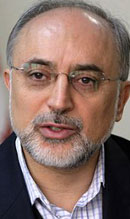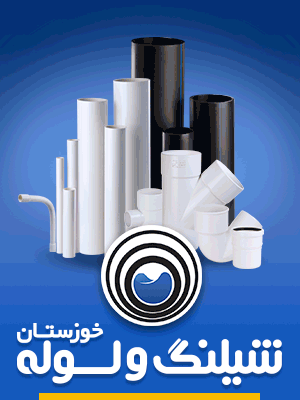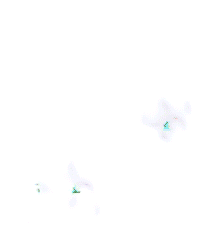Still, after the Islamic Revolution in our country in 1979, all
understandings with the United States in the nuclear field unraveled.
Washington even cut off fuel deliveries to the very facility it
supplied. To secure fuel from other sources, Iran was forced to modify
the reactor to run on uranium enriched to around 20 percent. The Tehran
Research Reactor still operates, supplying isotopes used in the medical
treatment of 800,000 of my fellow Iranians every year.
But getting to this point was not easy. In 2009, we put forward a request to the International Atomic Energy Agency for fuel for the reactor
as its supply was running out, threatening the lives of many Iranians.
When we agreed to exchange a major portion of our stock of low-enriched
uranium for reactor fuel in 2010 — a proposal by the Obama
administration — the response we got from the White House was a push for more U.N. Security Council sanctions.
Again,
we did what every government is obliged to do: protect and ensure the
well-being of our citizens. Thanks to the grace of God and the hard work
of our committed and growing cadre of scientists, we managed to do
something we had never done before: enrich uranium to the needed 20
percent and mold it into fuel plates for the reactor. We have never
failed when faced with no option but to provide for our own needs.
All
relationships — whether between parents and children, spouses or even
nation-states — are based on trust. The example of the Tehran Research
Reactor vividly illustrates the key issue between Iran and the United
States: lack of trust.
We have strongly marked our opposition to weapons of mass destruction
on many occasions. Almost seven years ago, Iranian Supreme Leader
Ayatollah Ali Khamenei made a binding commitment. He issued a religious
edict — a fatwa — forbidding the production, stockpiling and use of
nuclear weapons. Our stance against weapons of mass destruction, which
is far from new, has been put to the test. When Saddam Hussein attacked
us with chemical arms in the 1980s, we did not retaliate with the same
means. And when it comes to our nuclear energy program, the IAEA has
failed to find any military dimension, despite an unprecedented number
of man-hours in intrusive inspections.
Being sovereign and
independent does not mean that there is no room for dialogue or
diplomacy. It means that one enters any debate as an equal, based on
mutual respect and justice. To reestablish trust, all sides must assume
an honest approach with a view toward moving past the barriers to
sincere dialogue.
A key aspect of entering a conversation based on
mutual respect is recognizing the other side’s concerns as equal to
one’s own. To solve the nuclear issue, the scope of the upcoming talks
among Iran and the "P5+1” (the United States, Britain, China, France,
Russia and Germany) must be comprehensive. The concerns of all sides
must be addressed. Complex matters that have been left unaddressed for
decades cannot be solved overnight. Another sign of mutual respect is a
willingness and readiness to both give and take, without preconditions.
This form of reciprocity is distinct from approaches that involve only
taking. Most important, and this cannot be stressed enough, is that
dialogue must be seen as a process rather than an event. A house can
burn to the ground in minutes but takes a long time to build. Similarly,
trust can easily and rapidly be broken, but it takes a long time to
build.
If the intention of dialogue is merely to prevent cold
conflict from turning hot, rather than to resolve differences, suspicion
will linger. Trust will not be established. Despite sanctions, threats
of war, assassinations of several of our scientists and other forms of terrorism, we have chosen to remain committed to dialogue.
In
the upcoming talks, we hope that all sides will return to the
negotiating table as equals with mutual respect; that all sides will be
committed to comprehensive, long-term dialogue aimed at resolving all
parties’ outstanding concerns; and, most important, that all sides make
genuine efforts to reestablish confidence and trust.
 Ali Akbar Salehi is foreign minister of the Islamic Republic of Iran.
Ali Akbar Salehi is foreign minister of the Islamic Republic of Iran.


